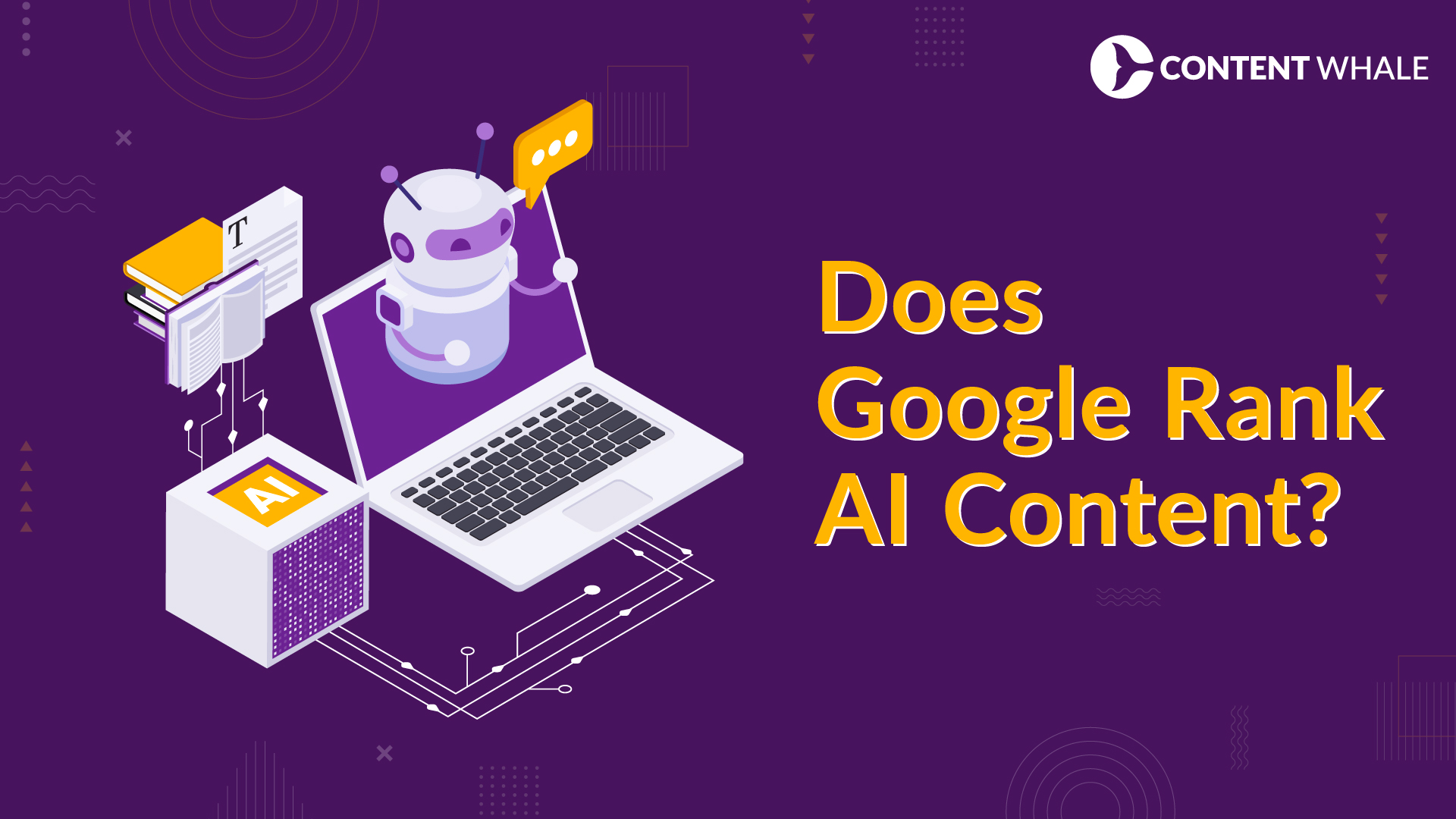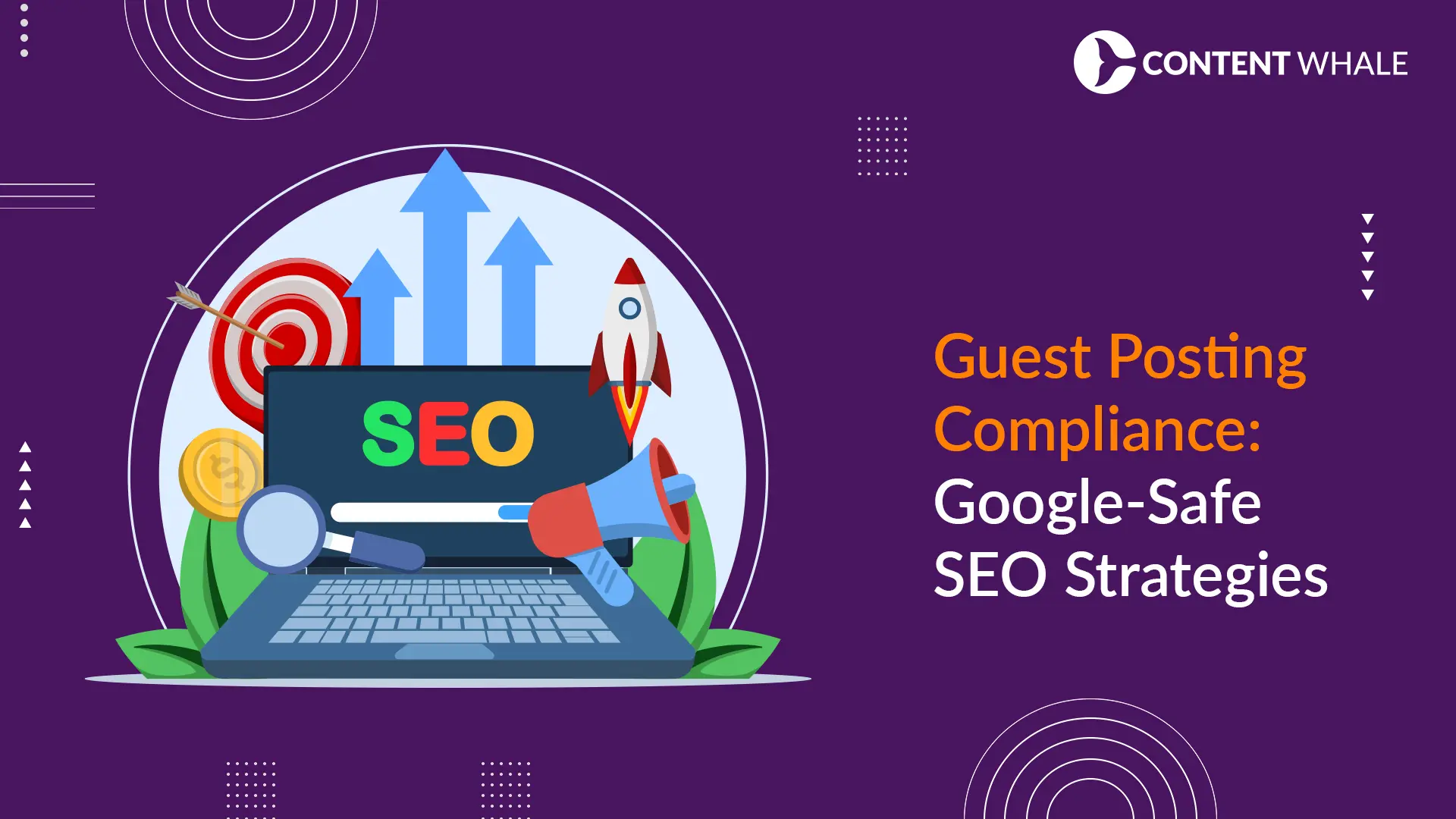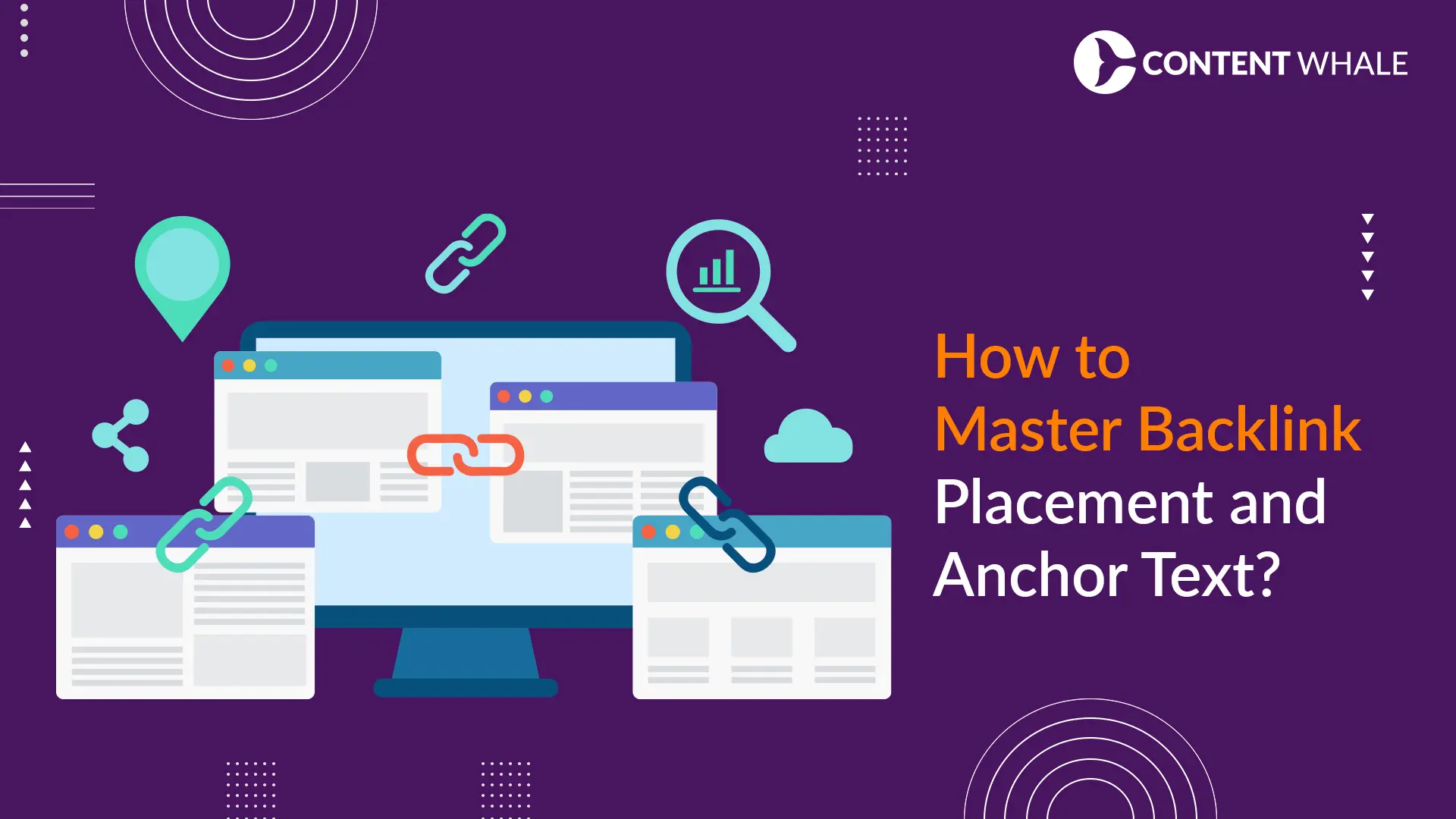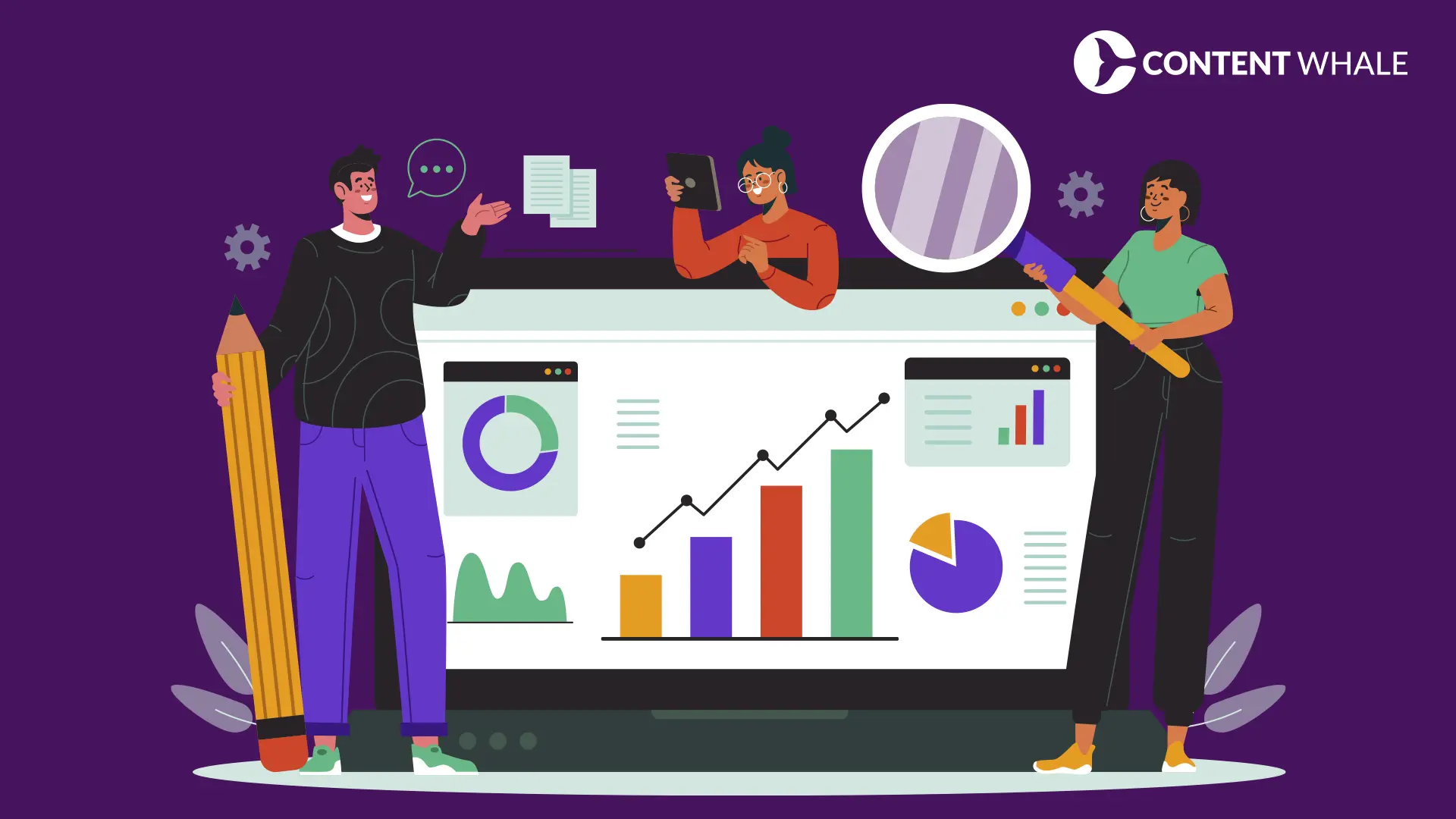Yes. Google does rank AI content as long as the AI content is of high-quality, relevant, original, authoritative and serves the search intent.
In this blog post, we will explore how AI-generated content can rank on Google, what Google’s approach to AI content is, and how you can create high-quality AI content that can rank well on Google.
Can AI-Generated Content Really Rank on Google?
Yes, AI-generated content can rank on Google, but it needs to be optimized for E-A-T, which stands for Expertise, Authoritativeness, and Trustworthiness. These are the criteria that Google uses to evaluate the quality and credibility of web content, especially for topics that have a high impact on people’s lives, such as health, finance, and news.
Some of the guidelines that AI-generated content should follow to rank well on Google are:
- Provide accurate, factual, and reliable information, backed by credible sources.
- Demonstrate the expertise and authority on the topic.
- Relevant and useful for the target audience and the search intent.
- Original and unique, not copied or spun from other sources.
- Well-written, clear, and engaging, with no grammatical or spelling errors.
- Follow the best SEO practices, such as using keywords, headings, meta tags, and internal and external links.
Here’s an example:
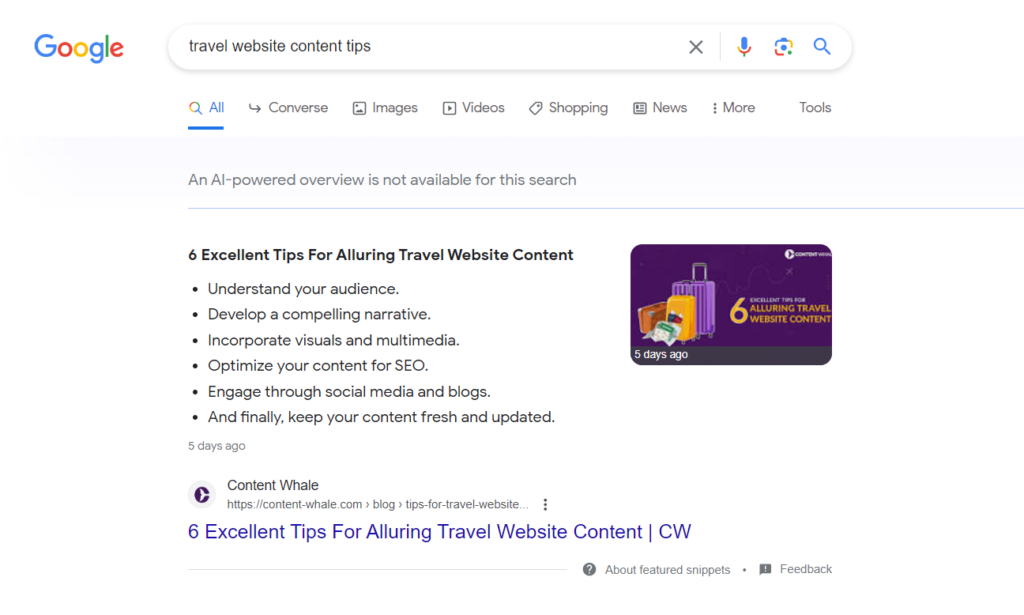
Google’s Approach to AI-Generated Content
Google has been using AI to generate content for its own products and services, such as Google Assistant, Google News, and Google Translate. Google also uses AI to understand and rank the content on the web, such as with its natural language processing and machine learning algorithms.
However, Google does not favour AI-generated content over human-generated content. Google’s main goal is to provide the best and most relevant results for its users, regardless of how the content is created.
Google doesn’t have a specific policy or guideline for AI-generated content, but it expects all content to follow its quality and Google Search Essentials guidelines (Formerly known as webmaster guidelines), which apply to both human and AI-generated content.
Factors That Determine the Ranking of AI-Generated Content
There are many factors that determine how well AI-generated content can rank on Google, such as the quality, relevance, originality, and authority of the content. However, some of the most important factors are:
- E-A-T score, which measures the expertise, authoritativeness, and trustworthiness of the content and its source.
- User experience of the content, which includes the loading speed, mobile-friendliness, readability, and navigation of the web page.
- Engagement potential, which includes the click-through rate, bounce rate, dwell time, and social shares of the web page.
- Freshness, which refers to how often the content is updated and how relevant it is to the current trends and events.
How do You Create AI-Generated Content?
AI-generated content is created by using AI tools and software that can generate text, images, videos, and audio based on certain inputs, such as keywords, topics, or data.
There are many AI tools and software available in the market, such as ChatGPT, BingAI, Cluade, and others, that can help you create AI-generated content for various purposes, such as blogging, marketing, education, and entertainment.
However, AI-generated content is not perfect and may have some limitations, such as lack of creativity, originality, accuracy, or context. Therefore, it is important to humanize AI-generated content and make it more appealing and trustworthy for both Google and the users.
Here are some steps that you can follow to create high-quality AI-generated content that can rank well on Google:
Step 1 – Original Thoughts
Come up with original and unique ideas for your content that can provide value and insight to your audience. Use AI tools to help you brainstorm and generate ideas, but you should not rely on them entirely. Do your own research and analysis to find out what your audience wants, what their pain points are, and what solutions you can offer them.
Step 2 – Establish Credibility and Domain Expertise.
The second step is to establish trust and showcase expertise on the topic that you are writing about. You can use AI tools to help you find and cite credible sources, such as:
- High-authority websites
- Academic journals
- Government websites
- Industry reports
To support your claims and arguments. You should also include your own credentials, such as your name, bio, and contact information, to show that you are a real and trustworthy person or organization.
Step 3 – Consistent User-friendly experience
Next, try to create a consistent and user-friendly experience for your web page. Optimize your web page for SEO, such as by using keywords, headings, meta tags, and internal and external links. You should also ensure that your web page is fast, responsive, and easy to read and navigate on different devices and browsers.
Step 4 – Create People-Friendly Content
The fourth step is to create people-friendly content that can engage and persuade your audience. You can use AI tools to help you generate text, images, videos, and audio that can capture your audience’s attention and interest.
However, you should also make sure that your content is clear, concise, and coherent, with no grammatical or spelling errors. You should also use a friendly and conversational tone, and add some humor, emotion, or storytelling to make your content more relatable and memorable.
Step 5 – Avoid Creating Only SEO-friendly Content

The fifth and final step is to avoid creating only SEO-friendly content that can rank well on Google, but not on the users. Don’t overuse keywords, spam links, or create duplicate or irrelevant content that can harm your reputation and credibility. You should also not create content that is misleading, inaccurate, or unethical, that can violate Google’s quality and Google Search Essentials guidelines.
Always create content that is useful, informative, and valuable for your audience and that can help them solve their problems or achieve their goals.
The Good of AI-Generated Content
AI-generated content has many benefits and advantages, such as:
- Save time, money, and resources, as it can create content faster, cheaper, and more efficiently than humans.
- Improve productivity, quality, and consistency, as it can create content without errors, fatigue, or bias.
- Enhance creativity, diversity, and innovation, as it can create content that is novel, varied, and customized for different audiences and purposes.
- Increase reach, traffic, and conversions, as it can create content that is optimized for SEO and user experience, and that can attract and retain more customers.
Hiccups of AI-Generated Content
AI-generated content also has some challenges and drawbacks, such as:
- Lack originality, accuracy, or context, as it can create content that is copied, spun, or irrelevant from other sources, hence needs human edits.
- It can have ethical, legal, or social implications, as it can create content that is misleading, deceptive, or harmful for the users or the society.
- It can face technical, security, or quality issues, as it can create content that is buggy, hacked, or low-quality due to the limitations or errors of the AI tools or software.
- Require human intervention, supervision, or editing, as it can create content that is not perfect or complete and that needs to be checked, verified, or improved by humans.
Content Whale’s AI-Gen Blog Examples That Rank
Here are some of our best blogs that are AI+Human and rank:
1) 10 Beauty Marketing Geniuses in the History of Beauty Industry
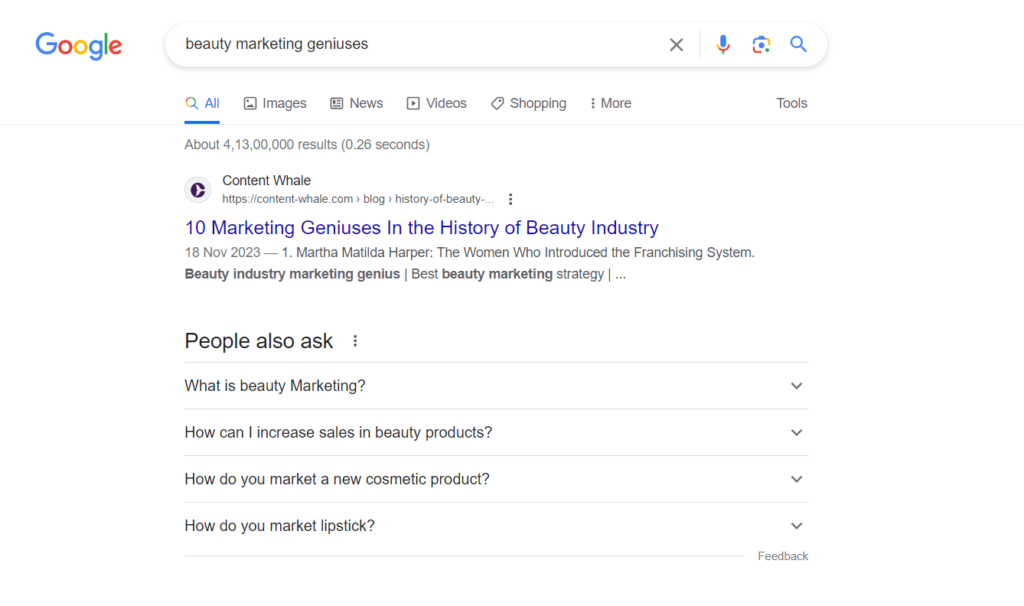
2) 6 Excellent Tips for Alluring Travel Website Content

3) 9 Relevant Ideas for Writing Legal Articles for Your Law Firm
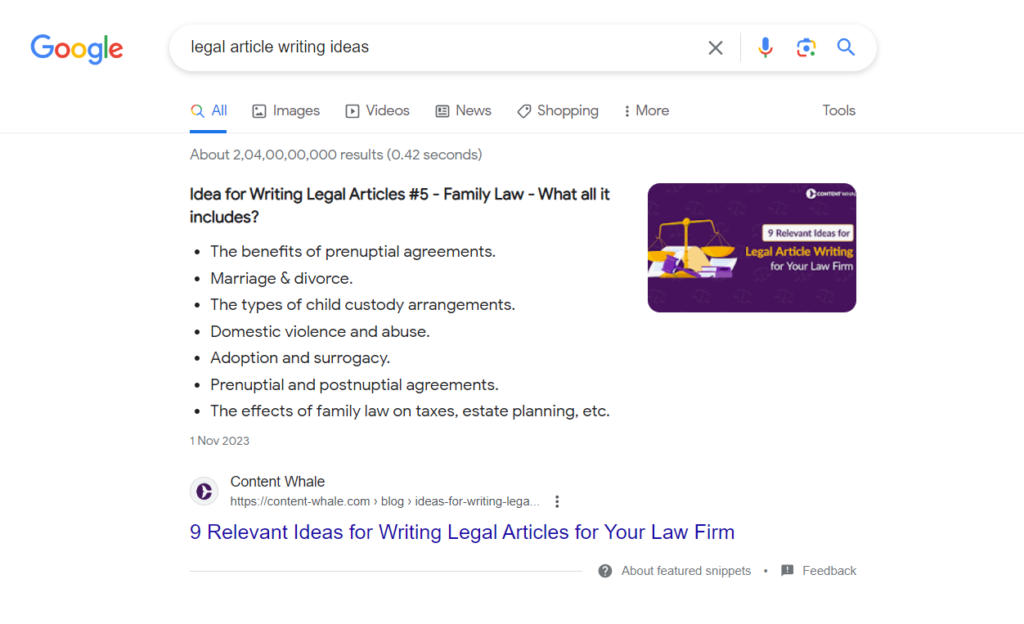
4) Why You should Hire an Expert Financial Writer?

5) A Guide to Content Writing for Travel Companies (Although this one was paraphrased.)
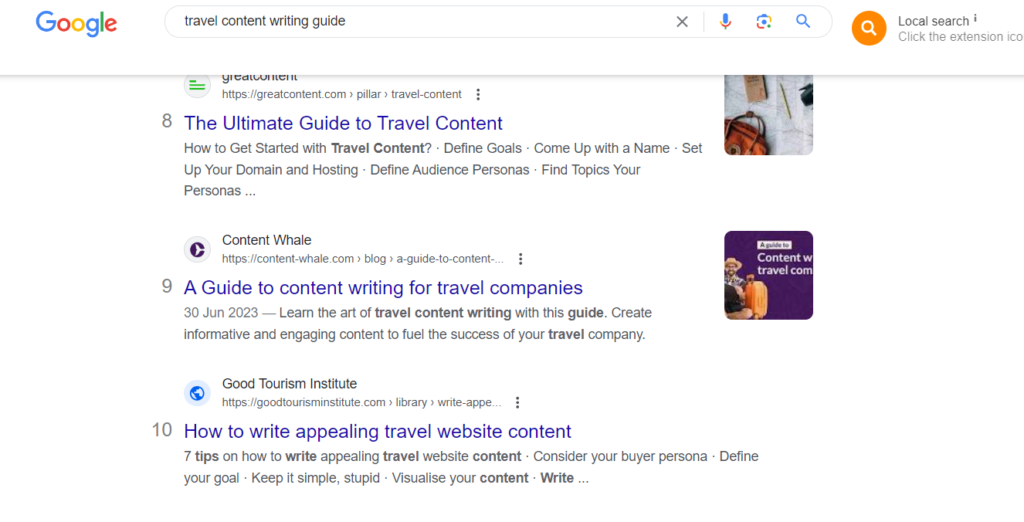
Conclusion
AI-generated content is a powerful and promising technology that can help you create high-quality and engaging content that can rank well on Google.
However, AI-generated content is not a magic bullet that can solve all your content creation problems. You still need to humanize AI generated content and make it more appealing and trustworthy for both Google and the users.
You also need to follow Google’s quality and Google Search Essentials guidelines and create content that is useful, informative, and valuable for your audience.
Content Whale is a leading content writing service that can provide you with high-quality, SEO-optimized, and E-A-T-compliant content for your website, blog, or business. We are now setting foot in AI+humanized content writing that can help businesses like yours with original, unique, relevant, and authoritative content to achieve your content marketing goals and objectives. Contact Content Whale today and get your AI-generated content done in no time!
FAQs about AI Content
1. Does Google penalize AI content?
No, Google does not penalize AI content, as long as it is high-quality, relevant, original, and authoritative. However, Google may penalize AI content that is low-quality, spammy, or deceptive.
2. How do I ensure my AI content is top-notch?
You can ensure your AI content is top-notch by following these steps:
- Come up with original and unique ideas for your content.
- Establish your credibility and domain expertise on the topic.
- Create a consistent and user-friendly experience for your web page.
- Create people-friendly content that is clear, concise, and engaging.
- Avoid creating only SEO-friendly content that is not useful or valuable for your audience.
3. Is there any type of AI content Google favors?
Google does not favor any specific type of AI content, but it does favor content that is data-driven, interactive, and visual, as these types of content can provide factual, engaging, and appealing content for the users.
4. Can AI content rank in non-English languages?
Yes, AI content can rank in non-English languages, but it may face some challenges, such as:
- Availability and quality of AI tools and software that can generate content in different languages may vary.
- Accuracy and fluency of AI-generated content in different languages may depend on the quality and quantity of the data and the algorithms that are used to train the AI tools and software.
- Cultural and linguistic nuances and preferences of different languages and audiences may affect the readability and relevance of AI-generated content.
5. Should I switch entirely to AI for content creation?
No, you should not switch entirely to AI for content creation, as AI-generated content is not perfect or complete, and it may require human intervention, supervision, or editing. You should use AI as a tool to help you create content, but not as a substitute for human creativity, judgment, and ethics.
AI content is content that is generated by artificial intelligence (AI) tools and software, such as text, images, videos, and audio, based on certain inputs, such as keywords, topics, or data.
7. Can AI-written content rank on Google?
Yes, AI-written content can rank on Google, but it needs to be optimized for E-A-T, SEO, and user experience, and it needs to be humanized and edited by humans.
8. Does Google ban AI-generated content?
No, Google does not ban AI-generated content, unless it violates Google’s quality and Google Search Essentials guidelines, such as by creating content that is harmful, illegal, or abusive.
9. Can Google detect AI-generated blogs?
Yes, Google can detect AI-generated blogs, as it uses natural language processing and machine learning algorithms to understand and rank the content on the web, and it can identify the patterns, features, and characteristics of AI-generated content.
10. Can AI-generated content affect SEO?
Yes, AI-generated content can affect SEO, both positively and negatively, depending on the quality, relevance, originality, and authority of the content. AI-generated content can improve SEO by creating content that is optimized for keywords, headings, meta tags, and links, and that can increase the reach, traffic, and conversions of the web page. However, AI-generated content can also harm SEO by creating content that is low-quality, spammy, or deceptive, and that can decrease the ranking, reputation, and credibility of the web page.
11. Can I use AI for content writing?
Yes, you can use AI for content writing, as AI can help you create content faster, cheaper, and more efficiently than humans. However, you should not use AI as a replacement for human content writing, but as a supplement that can help you enhance your creativity, productivity, and quality. You should also humanize and edit your AI-generated content to make it more appealing and trustworthy for both Google and the users.
